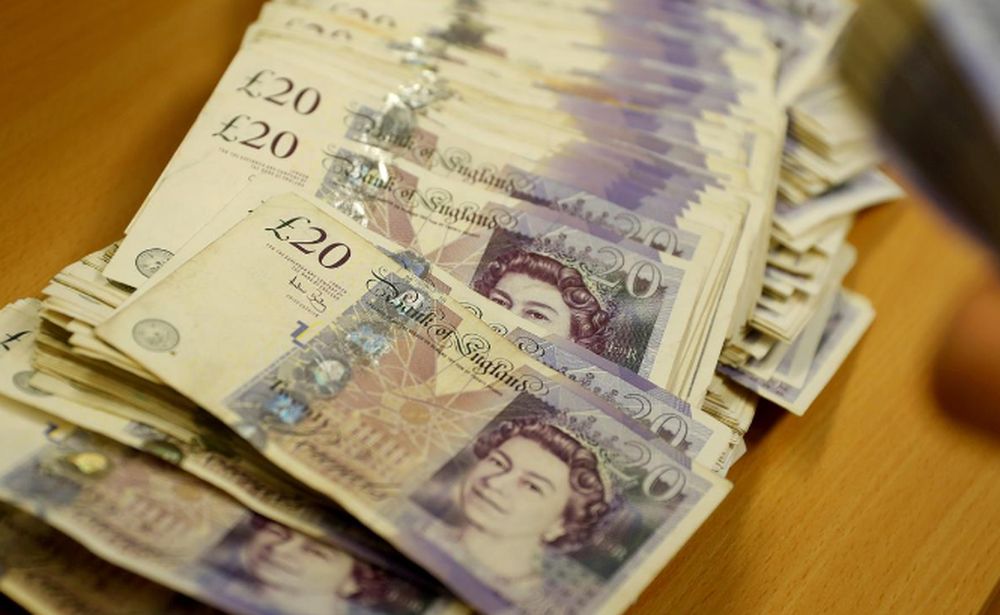LONDON, April 11 — The pound stumbled below US$1.31 today after a delay of up to six months to Brexit left traders scratching their heads about the direction for the British currency, though few expected wild price swings in the months ahead.
The overnight deal at an emergency EU summit to postpone Britain’s exit from the bloc to Oct. 31 meant it would not crash out tomorrow without a treaty to smooth its passage. Prime Minister Theresa May’s request for a shorter delay to June 30 was rebuffed by the 27 EU member state heads of government.
Yet the decision failed to bring clarity on when, how or even if Brexit will indeed happen. Conviction bets on sterling rising or falling sharply remain few and far between and the currency remains stuck just below US$1.31.
One-month implied volatility – an indication of investor expectations for price movements in the pound – plunged to its lowest levels since August 2018. The three-month and six-month measures were back at January 2018 levels.
That partly reflects the removal of an immediate risk of a no-deal Brexit – which was expected to have hammered the pound – but it is offset by prospects of a British Conservative party leadership vote for a replacement for May, a general election, and the threat to the British economy of further uncertainty.
“It isn’t brilliant for the economy, to add uncertainty on top of uncertainty,” Societe Generale currencies analyst Kit Juckes said, while adding that creating more time to prepare for leaving the EU would help support the economy.
The pound has been stuck between a range of US$1.29 and US$1.34 since mid-February, with less volatility than in earlier periods of Brexit-related disarray.
Today the pound edged lower to US$1.3079, while against the euro it was unchanged at 86.085 pence per euro .
“Going forward, pushing out No Deal risk will support the pound around the US$1.3000 level against the dollar but the lack of immediate clarity means that the pound is unlikely to break above the US$1.3400 level,” MUFG analysts said in a research note.
The British government will listen to any suggestions made by the opposition Labour Party in talks to break the political deadlock over the course of Brexit, including on a second referendum, Attorney General Geoffrey Cox said.
The Daily Telegraph reported earlier this week that May was considering offering lawmakers a vote on whether to hold a confirmatory public vote on her Brexit deal in a bid to resolve the impasse holding up ratification by parliament. — Reuters






















